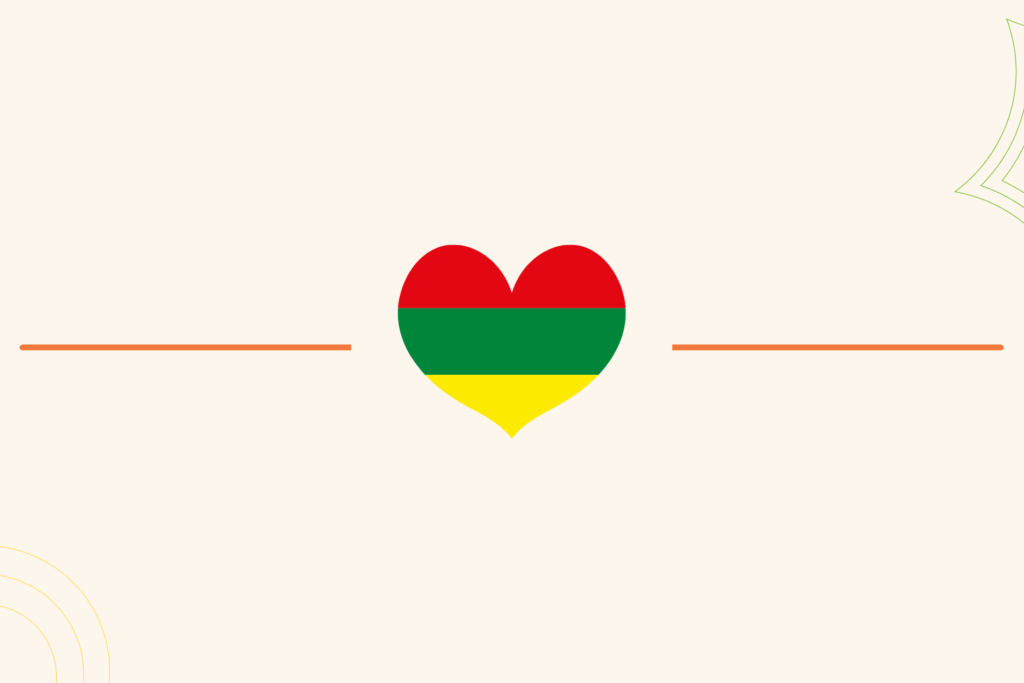Bamboo Health takes pride in building a culture where every teammate feels valued to achieve our goal of making healthcare available for all. We embody this culture and mission by celebrating heritage months throughout the year, and this month, we celebrate Black History Month.
For 28 days, we reflect on and recognize the many contributions Black Americans have made to our country and the world.
Black History Month was first introduced as “Negro History Week” by Carter G. Woodson and his organization known today as the Association for the Study of African American Life and History (ASALH). The ASALH organized the first celebration of “Negro History Week” in 1926 by encouraging schools and communities across the nation to host celebrations, lectures, and establish history clubs. By the late 1960s, “Negro History Week” evolved into Black History Month on college campuses and was officially recognized in 1976 by President Gerald Ford.
This year’s Black History Month theme is “Black Resistance,” which aims to shine a light on how African Americans have resisted historic and ongoing oppression in all its forms – including disparities in healthcare access.
Racial disparities in healthcare have been deeply affecting African Americans for centuries. To expand access to healthcare for their underserved populations, Black medical professionals worked to create hospitals, nursing schools and other medical institutions.
Since then, many great strides have been made to expand healthcare access for African Americans to ensure they get the care they deserve. However, there is still a lot of work to be done to achieve health equity for the African American population in our country.
While health equity concerns for Black Americans spans physical and behavioral health, our country has seen a renewed focus on disparities related to mental health and substance use in recent years.
Here are some statistics showing the impact of the behavioral health crisis on African Americans in our country today:
- Over 16% of Black or African American Americans reported having mental illness in the past year.
- The suicide rate among men of color – including Black or African American men – continues to increase, while the overall suicide rate in the U.S. decreased by 3% since 2020.
- Black and African American adults are more likely to experience feelings of sadness, hopelessness and worthlessness.
- About 58.2% of Black and African American young adults 18-25 and 50.1% of adults 26-49 with serious mental illness did not receive treatment
- About 90% of Black and African American people over the age of 12 with a substance use disorder (SUD) did not receive treatment.
- A study found Black and African Americans hold beliefs related to stigma, psychological openness, and help-seeking, affecting their coping behaviors.
During Black History Month, we are especially cognizant of the historically limited healthcare for African Americans. At Bamboo Health, we are dedicated to improving the state of behavioral health for underserved populations and strive to work towards health equity. Through our solutions, we can have meaningful impact for communities of color across the nation coordinating care and improving healthcare for all.



